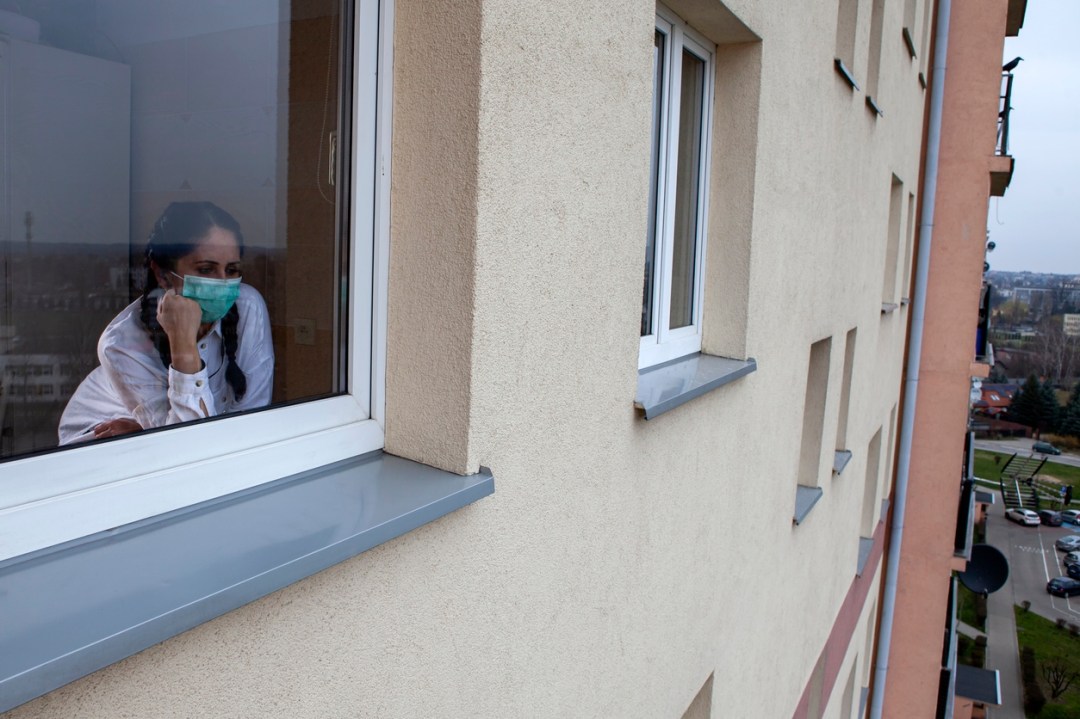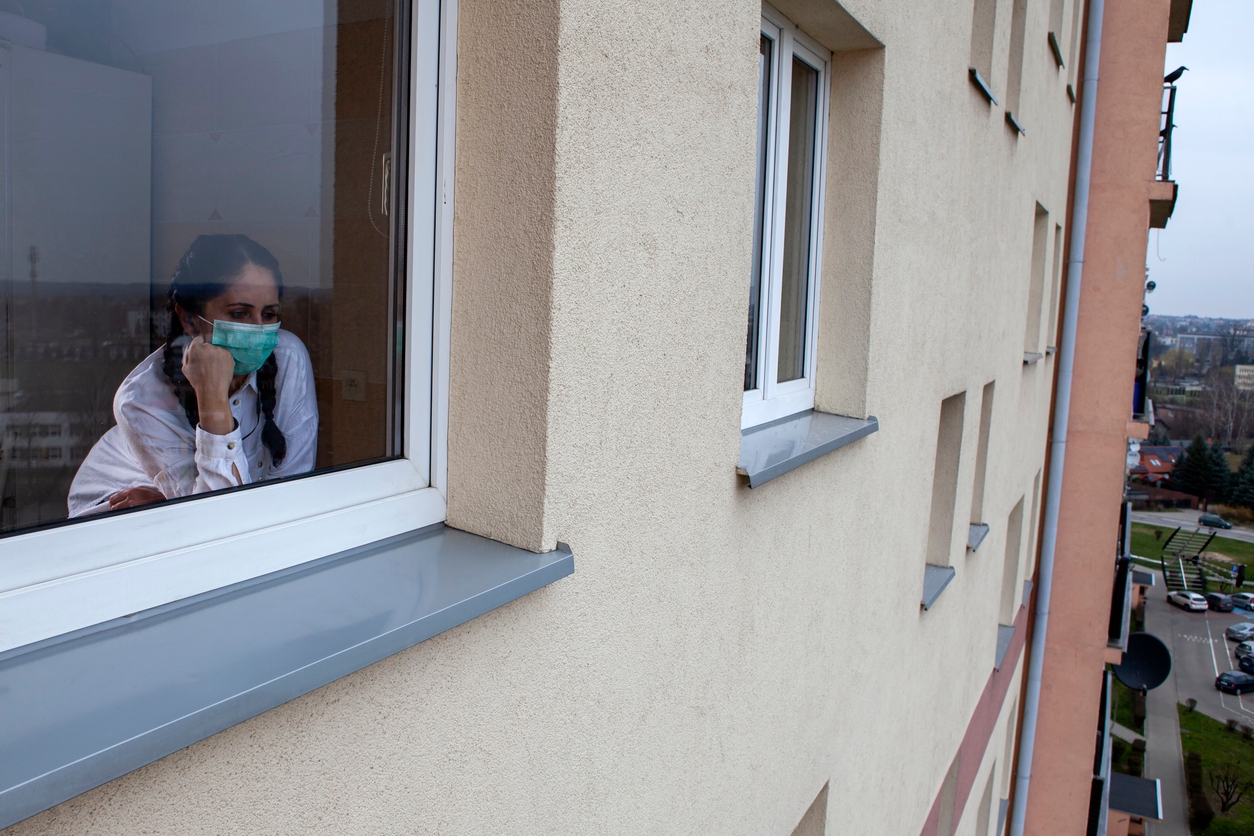From Monday, the guidance for self-isolation is changing. Previously if you were told by officials (or the NHS app) you had been in close contact with someone who tested positive for Covid-19, you were expected to self-isolate for 14 days. Starting next week, this will be reduced to 10 days, and will also apply to those returning from ‘high risk’ travel areas that are not on the UK’s ‘green list’.
The update was issued as a joint statement from the UK chief medical officers, who said: ‘after reviewing the evidence, we are now confident that we can reduce the number of days that contacts self-isolate from 14 days to 10.’
This brings the quarantine period for close contacts in line with those who test positive for Covid-19. It has jarred for some time that people who actually have the virus are told to isolate for four days less than the people they were in close contact with, even if the latter don’t have symptoms. The concern was that it could take some time for the virus to develop, which meant that a person in close contact had to have a longer period of self-isolation. But, according to England’s Deputy Chief Medical Officer Dr Jenny Harries, ‘continuous accumulation of evidence through the pandemic’ has put these fears to rest, as it is now thought a person is most likely to spread the virus when they first fall ill.
While the evidence to justify this reduction may be purely scientific, there’s little doubt that the desire to do so is linked to behaviour. If you are contacted by NHS test and trace directly, you are legally required to stay home. But data from earlier this year suggests it’s been an uphill battle to get people to commit to doing so. In September, King’s College London produced a report suggesting adherence to the rules over the summer was extremely low: despite the vast majority of those surveyed saying they planned to isolate if test and trace told them to do so, just under 11 per cent reported isolating for 14 days.
And today the National Audit Office has published its audit of the contact tracing so far. As Ross Clark explains on Coffee House, amongst other problems with test and trace (mainly the system’s failure to reach a third of close contacts), estimates for the number of people who comply with self-isolation range between 10 and 59 per cent. The system is thought to be effective when 80 per cent of contacts are reached, and these people adhere to the rules. Officials will be hoping that the reduction in self-isolation days makes it more likely that those who are told to self-isolate will do so.
Self-isolation can be burdensome for many – especially those without outdoor space or the ability to work from home. But adherence is likely to become an even bigger issue in the coming weeks if people are notified to stay home over the Christmas season – especially during the five-day relaxation period when many plan on traveling to see friends and family. It’s notable that the revised rules come in on Monday 14 December – allowing those currently isolating or told to do so this weekend to re-emerge by Christmas Eve, just in the nick of time to enjoy the holiday.
But just as officials fear a rise in Covid cases due to more travel and indoor socialising in December, concerns about the willingness of people to self-isolate is likely to be elevated too. Today’s more liberal update may have some impact, but with compliance already significantly below the desired rate, the holidays are likely to prove even more difficult.








Comments